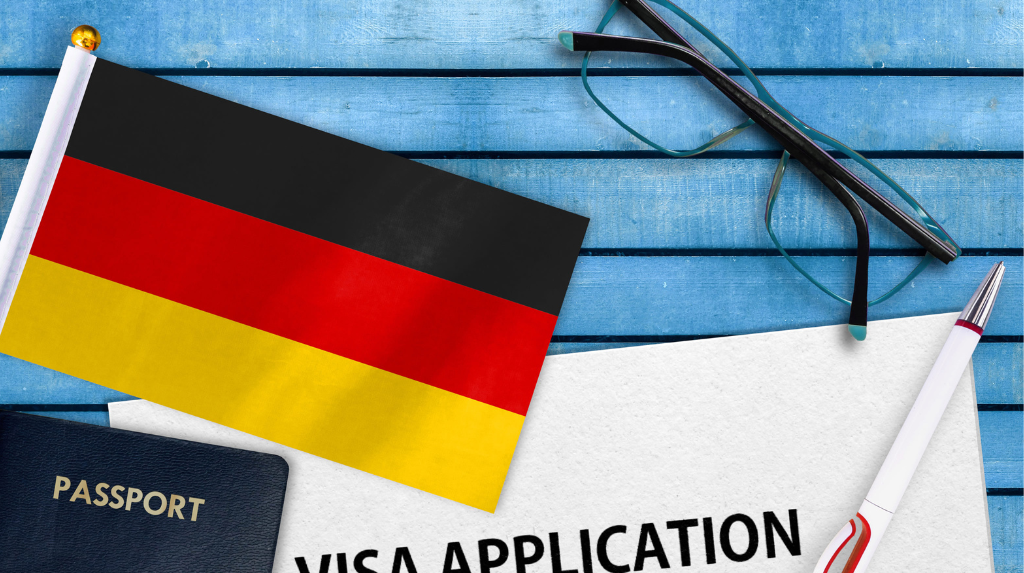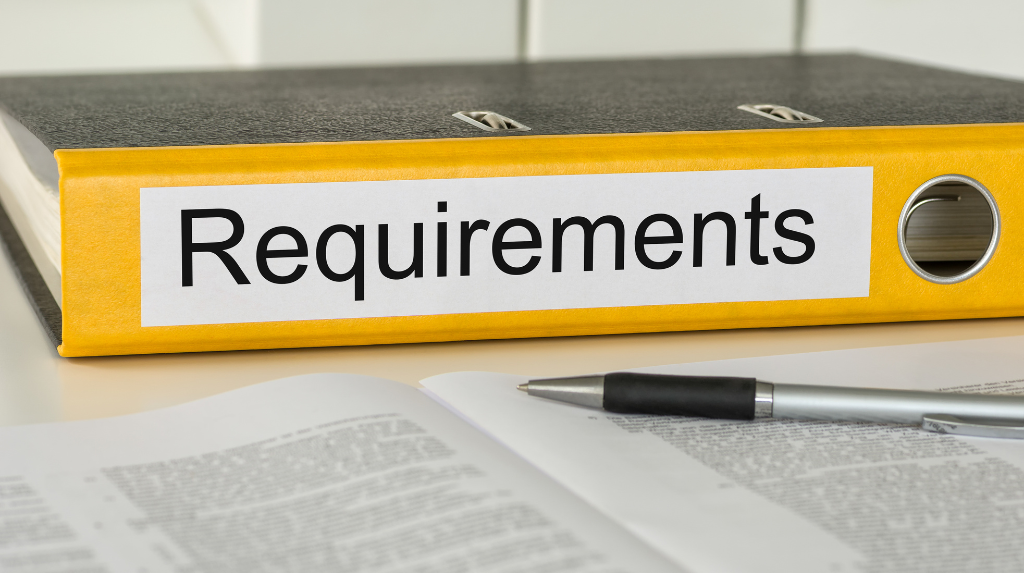For Canadian citizens and residents dreaming of traversing Europe’s rich tapestry of culture, history, and stunning landscapes, understanding the visa requirements for longer stays or specific purposes in Germany and the Schengen Area is crucial. This guide provides a comprehensive breakdown of the requirements, application process, and key details for applying for a German visa from Canada.
German Schengen Visa Requirements for Canadian Citizens and Residents:
Canadian citizens with valid passports can travel to Germany and other Schengen countries for up to 90 days within 180 days without a Schengen visa. This facilitates easy travel for leisure, business, and other short-term purposes.
Navigating the Visa Landscape for Non-Canadian Citizens:
Individuals who are not Canadian citizens may require a Schengen visa depending on their nationality. It’s important to check whether your nationality is on the list that requires a visa for the Schengen Area. Additionally, convention refugees holding a blue Canadian Travel Document are exempt from transit and short-stay visas for up to 90 days.
Who Can Apply for a Germany Visa in Canada?
Eligibility Criteria for Visa Application:
Non-Canadian citizens must meet specific criteria to apply for a German visa in Canada:
- Hold a valid permanent resident card or a multiple-entry visa for Canada, valid for at least three months beyond your planned departure from the Schengen area.
- Ensure any Canadian visas are renewed before applying.
Application Acceptance:
Applications are only accepted from residents in Canada, including permanent residents, Canadian student visa holders, or work permit holders. Long-term visitor visa holders must demonstrate they cannot apply in their home country.
Deciphering the Purpose: When to Apply for a Germany Visa
Apply for a German visa if:
- Germany is your main destination, or you plan to spend the most time there.
- Germany is the first Schengen country you will enter.
- Your stay in Germany will exceed 90 days, requiring a residency permit instead of a Schengen visa.
Germany Visa Requirements for Canadian Residents
- Valid passport or travel document issued within the last ten years.
- Permanent resident card or multiple entry visa for Canada.
- Completed and signed application form.
- Recent passport-style photographs.
- Cover letter explaining the purpose of your visit.
- Proof of travel arrangements, including round-trip reservations.
- Travel health insurance covering the Schengen area (minimum €30,000).
- Proof of accommodation.
- Evidence of financial means, such as recent bank statements.
- Visa fee payment (approximately 95.00 CAD).
Additional Documents Based on Specific Circumstances:
- Employed: Employment contract, recent bank statements, leave permission, and income tax return.
- Self-employed: Business license, company bank statements, income tax return.
- Students: Reference letter from the educational institution, proof of enrollment.
- Retirees: Pension statements.
- Unemployed spouses of EU citizens: Employment confirmation for spouse, spouse’s valid passport, and translated marriage certificate.
Application Process
Booking an Appointment:
Visa applications are typically accepted up to three months before your intended entry into Germany. Appointments are mandatory and can be scheduled online through German missions in Canada.
Visa Application Process in Key Canadian Cities:
- Toronto: The German Consulate handles applications for Ontario and Manitoba residents.
- Vancouver: The Consulate General of Switzerland processes applications for residents of Alberta, British Columbia, and other territories.
- Ottawa: The Austrian Embassy handles applications for residents of New Brunswick, Newfoundland and Labrador, Nova Scotia, Prince Edward Island, Quebec, and specific Ontario counties.
Types of Schengen Visas
Short-Stay Schengen Visa (C Visa):
This visa is primarily for tourism or short visits and does not permit any form of employment in Germany or any other Schengen country. Engaging in work while on a C visa is considered illegal and can lead to severe consequences, including fines and a potential travel ban.
National D-Type Work Visa:
If you intend to work in Germany for an extended period, you need a National D-type Work Visa, which is specifically issued for employment purposes. This visa allows you to live and work in Germany and must be obtained before your arrival if you have a job offer.
Working Remotely
- If you are considering working remotely while in Germany on a short-stay Schengen visa, this is also not permitted. The conditions of the visa explicitly state that employment is not allowed, even if the work is for an employer based outside of Germany.
Embarking on your journey to Germany begins with a thorough preparation of your visa application. This guide aims to simplify the complexities of the process, helping you successfully navigate the steps and fully enjoy the enriching experiences Germany has to offer.
How Law and Visas Can Help?
At Law and Visas, our team of expert immigration consultants is here to make your travel to Germany straightforward and successful. Whether you’re applying for a Student Visa or a Long-Stay Visa, we handle every step—from preparing your application to gathering the required documents.
Our Immigration Consultants and Lawyers ensure that your application meets the highest standards, with no details missed. We’ll also keep you informed throughout the process and coordinate with the immigration office or embassy on your behalf.
Law and Visas have a strong record of helping clients secure the visas/permits they need to visit Germany. You can call us today at +234 812 5505 986 to learn how we can help you.





